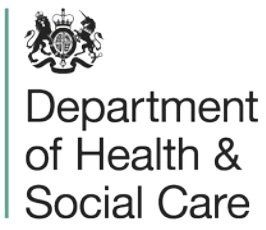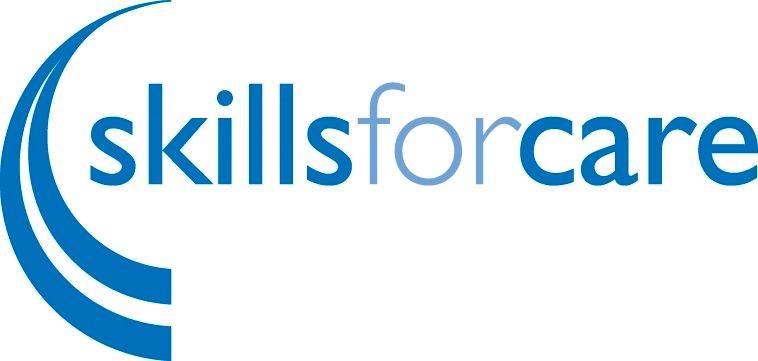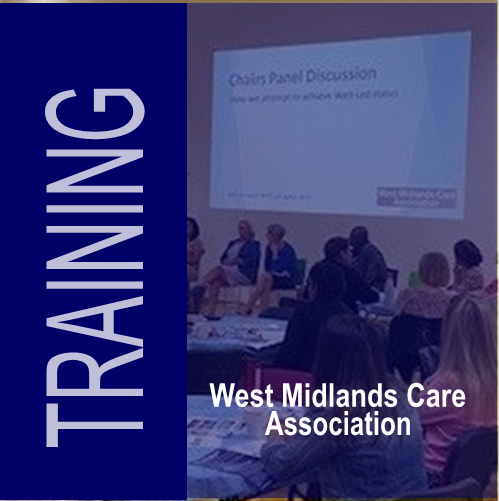Launch of the Easy Read Call for Evidence as part of DHSC's Review of CQC Regulation 9A: Visiting and Accompanying
I am writing to let you know that as part of the DHSC’s review of the effectiveness of Care Quality Commission (CQC) Regulation 9A: Visiting and accompanying in care homes, hospitals, and hospices (Regulation 9A), an easy read translation of the Call for Evidence is now available for people to share their views. This version is designed to be more accessible and is open to all people who may find this format more suitable to respond to ensure that everyone has a chance to share their views on the effectiveness and impacts of Regulation 9A since it came into force on 6 April 2024.
The easy read survey will be open for 6 weeks, closing at 11:59 on 26 August.
We are keen to hear views from patients, care home residents, providers and professionals, family members, friends, carers and advocates, so please do share the easy read survey through your networks to ensure that these important voices are heard.
You can respond to the survey here: Rules about visiting people in care services - Department of Health and Social Care
The standard Call for Evidence was live from 28 May to 9 July. More information here: Review of CQC Regulation 9A: visiting and accompanying in care homes, hospitals and hospices - GOV.UK
Thank you for your continued support with this process.
If you have any questions in the meantime, please feel free to contact the team at visiting@dhsc.gov.uk.
Share
























